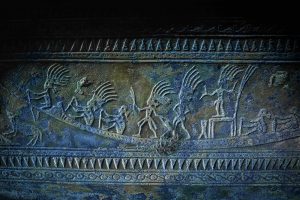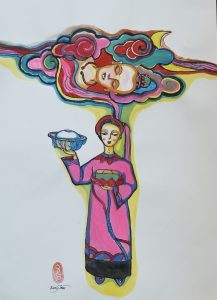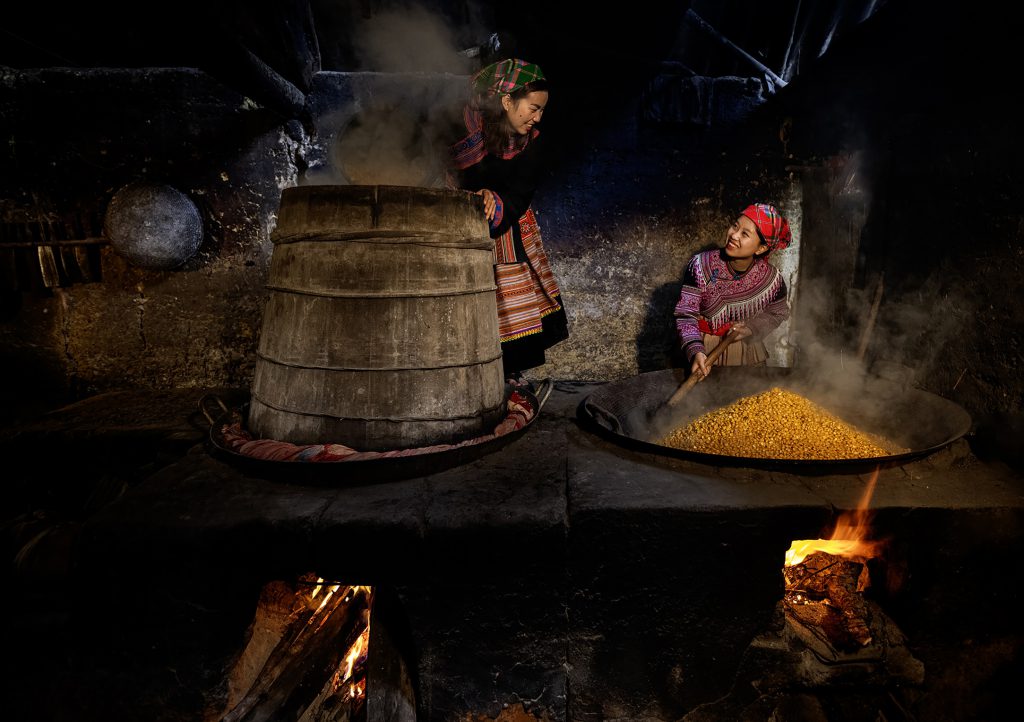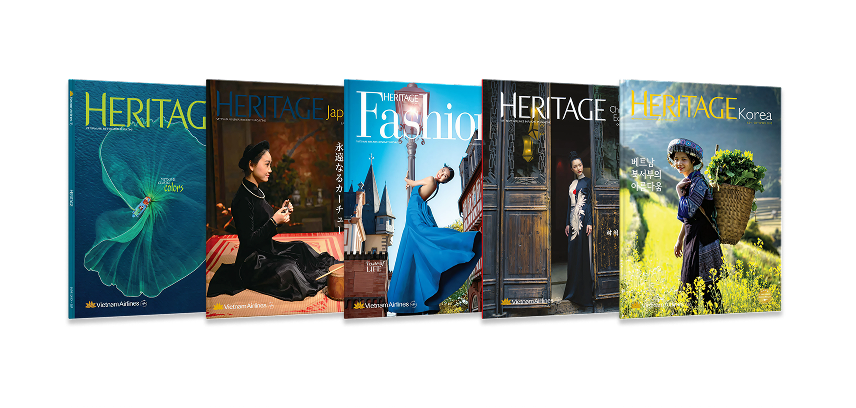Story: Historian Le Van Lan
Photos: Amachau
Confucius, the founder of Confucianism, was honored by ancient Chinese dynasties with the title “The Proclaimer of Culture”. As a result, the term “Temple of Literature” was used for places dedicated to the worship of Confucius.
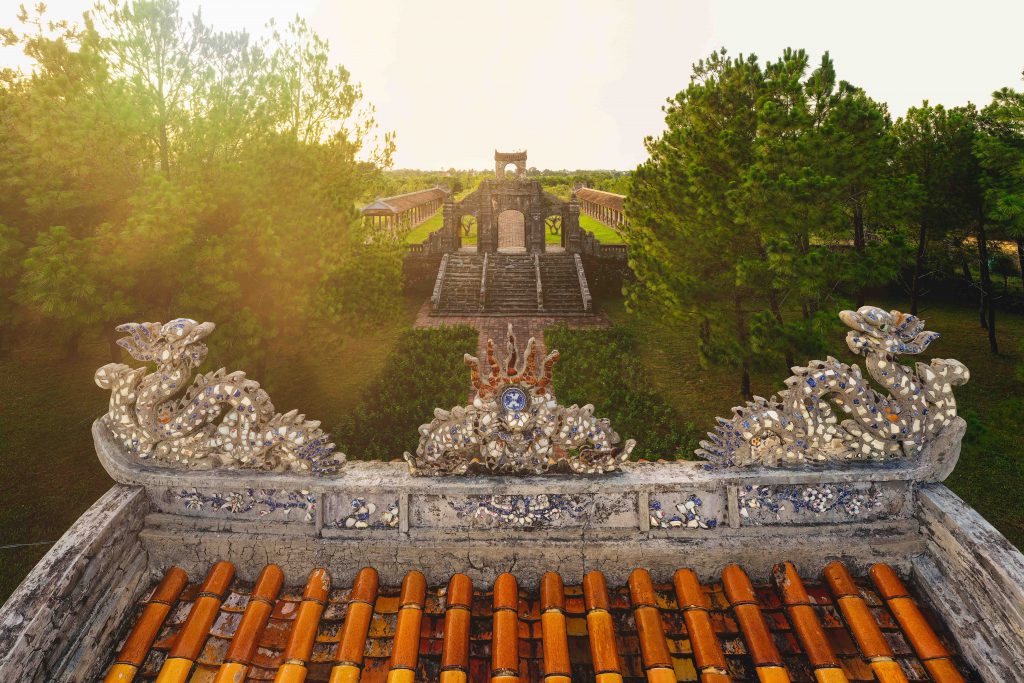
Majestic halls with curved tiled roofs, solemn altars and statues, ornate calligraphy on plaques and couplets, and the lingering fragrance of incense during sacred ceremonies were integral to Vietnam’s traditional springtime scenery.
This ambiance could be found at the Temples of Literature in Dai Phuc (Bac Ninh Province), Xich Dang (Hung Yen Province), Mao Dien (Hai Duong Province), Tran Bien (Dong Nai Province), Van Thanh Temple (Vinh Long Province), as well as the two most prominent Temples of Literature in Thang Long (modern-day Hanoi) and Hue.
Among the many Temples of Literature established across Northern, Central, and Southern Vietnam, four locations—Bac Ninh, Hung Yen, Thang Long, and Hue—hold special treasures: stone stelae inscribed with the names of doctoral laureates.
In total, there are 137 doctoral laureate stelae in these temples, recognizing approximately 2,000 scholars out of an estimated 3,000 individuals who passed the rigorous imperial examinations from the Ly Dynasty in 1075 to the Nguyen Dynasty in 1919. Every seven years under the Tran and Ho dynasties (13th–15th centuries), or every three years under the Le and Nguyen dynasties (15th–20th centuries), candidates devoted themselves to mastering the profound Confucian texts. They first faced four grueling stages of the Regional Examination to earn titles such as Recommended Scholar (under the Le Dynasty) or Baccalaureate (under the Nguyen Dynasty).
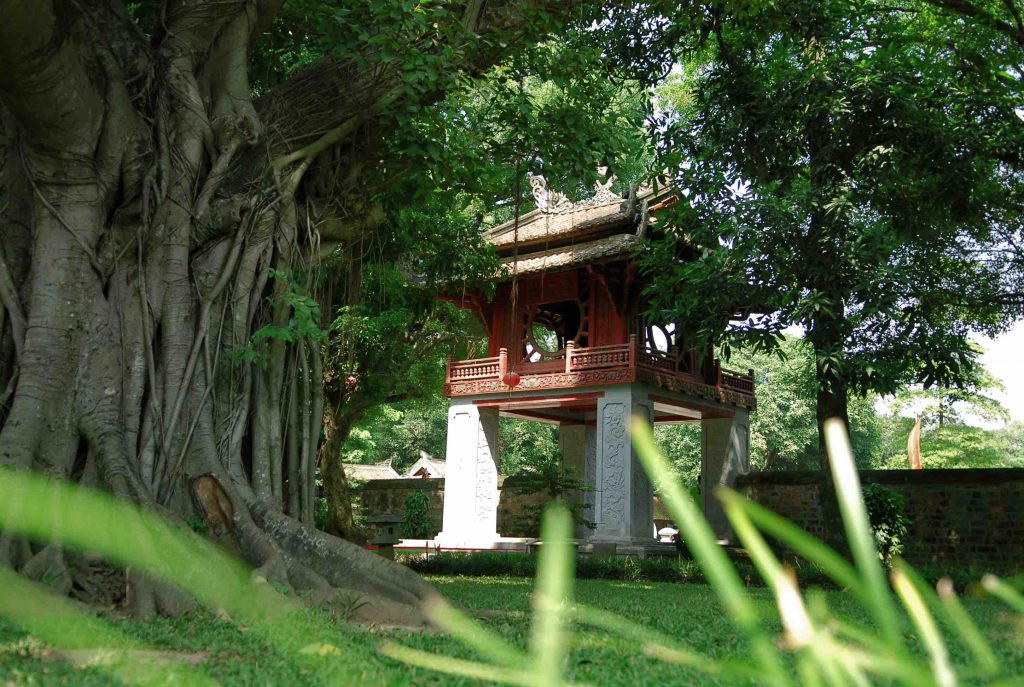
Following the principle of “Regional Examination one year, National Examination the next,” these candidates traveled to the capitals—Thang Long under the Le Dynasty and Hue under the Nguyen Dynasty—to undertake the National Examination. This second examination was even more challenging and awarded the coveted title of Doctoral Laureate to the most outstanding candidates.
Finally, during the vibrant spring season, when nature flourished and spirits soared, those achieving the Doctoral Laureate rank—often no more than one-tenth of the National Examination candidates—were summoned to the royal court’s Dragon Yard for the Royal Examination. Personally overseen by the king, this final exam determined the ranking of laureates. The top tier included the Three Premier Scholars (Valedictorian, Second Laureate, and Third Laureate); the second tier were titled Junior Laureates; and the third tier received the designation Doctoral Graduates. Under the Nguyen Dynasty, a fourth tier was added, listing candidates on a supplementary board as Associate Graduates.
Success in these examinations marked a transformative “springtime of rebirth,” as scholars transitioned into official positions. They began their careers as advisors, clerks, education officers, or local magistrates, often starting at the sixth or seventh rank in the nine-tier bureaucratic system. With talent and virtue, many ascended to prestigious roles such as Censorate Officials (imperial supervisors), Chief Envoys in foreign affairs, or regional governors—equivalent to today’s ministerial positions. Some even reached the ranks of Ministers or Vice Ministers at the central court, or Provincial Governors overseeing key territories, equivalent to the ranks of Second Grade, Third Grade, and First Grade, where they ‘Assist the king and serve the country,’ while also ‘Glorifying themselves and enriching their families’.
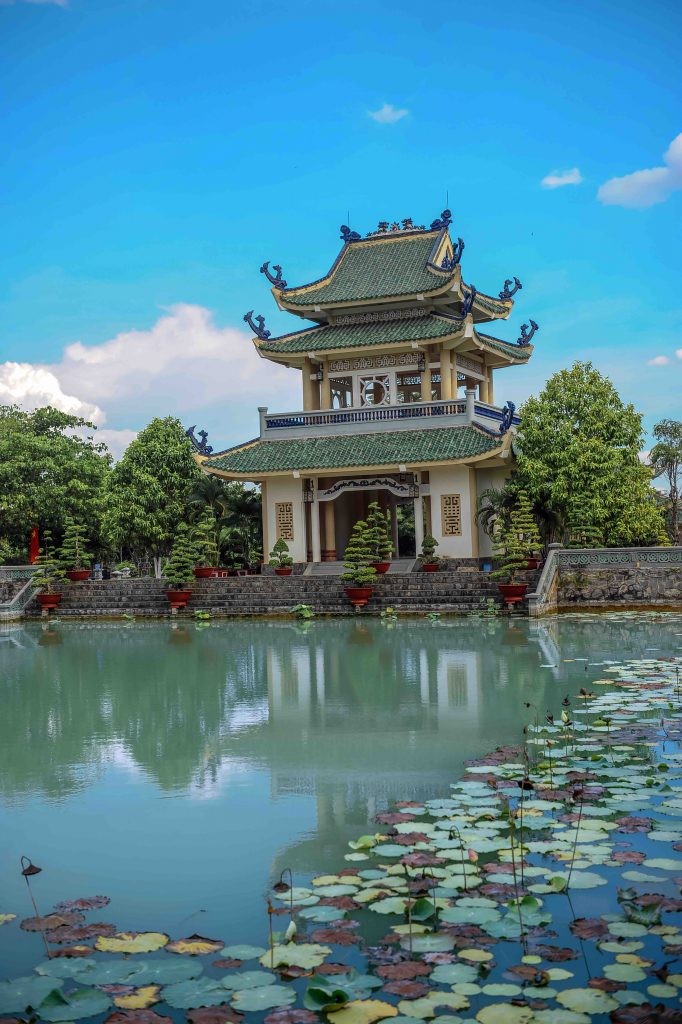
Vietnam’s former dynasties had a consistently expressed and implemented strategy of linking springtime with examinations and the Temple of Literature, rooted in the fundamental ideology of seeking out, valuing, and utilizing talented individuals.
An inscription on the 1448 Doctoral Laureate Stela at the Temple of Literature in Thang Long best encapsulates this philosophy:
“The greatness of an emperor’s rule lies in his ability to value and employ talented individuals. A government that neglects talent as its foundation is careless and irresponsible.”
This ideology was reinforced by King Le Thai Tong’s 1434 decree:
“To acquire talented individuals, one must first select those who are educated. The best way to select the educated is through examinations.”
In ancient times, spring was the season of examinations to find the most exceptional scholars. Today, during the Lunar New Year, throngs of people still flock to the Temples of Literature to honor the sages of the past while praying for academic success and future achievements.



